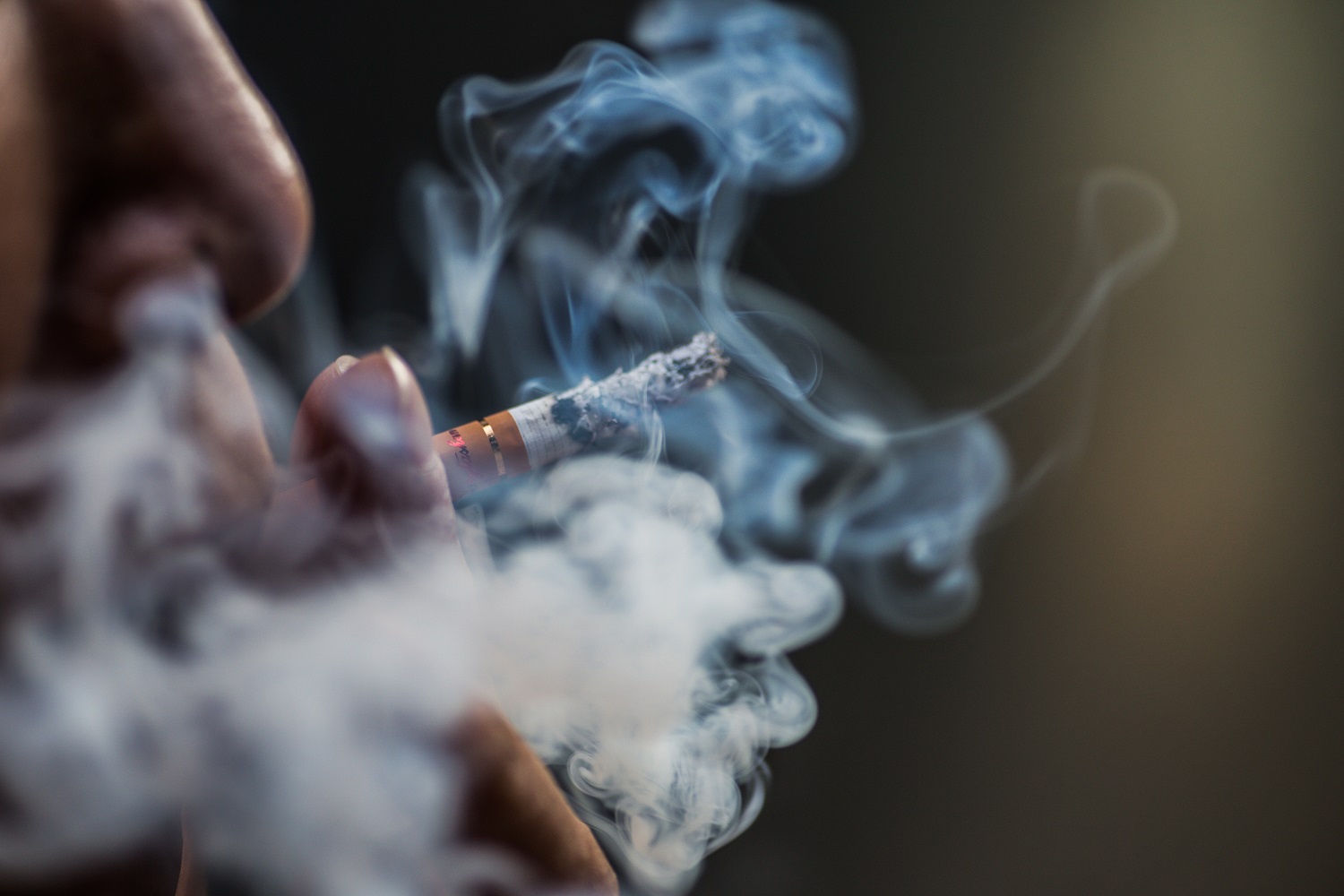
Effect of smoking on hair transplantation
Nicotine causes hardening and narrowing of the blood vessels. Prolonged bleeding may occur during the hair transplant procedure. Carbon dioxide reduces the blood’s ability to transport oxygen and can impair the healing of the patient’s wounds and prolong the healing process. If the skin takes longer to heal there is a much greater risk of infection. The result is not only problems with wound healing, but also an increased likelihood of a larger scar.
According to hair transplant doctors, smoking also increases the risk of skin necrosis. The severity of this problem is greater the more cigarettes the patient has smoked in the past. Scientific studies have shown that smokers who have undergone operations requiring the excision of large areas of skin (e.g. excision of skin fragments in the occipital region) are at a significantly higher risk of skin necrosis after a hair transplant procedure.
Smoking also results in reduced oxygen and nutrient access, which can lead to a negatively affect the acceptance of transplanted hair follicles. According to Clinicana doctors, this will largely depend on the patient and whether they are a chronic and long-term smokers.
It should be noted that there are many smokers who enjoy positive hair transplant results. However, as a result of high doses of nicotine being supplied to the body, there is always a risk of reducing hair density and consequently having a worse post-treatment result than non-smokers.
Guidelines for smoking before and after hair transplantation:
Clinicana doctors recommend that patients refrain from smoking approximately one week before and two weeks after hair transplantation surgery.
Ideally, patients should consider to stop smoking a few months before and after surgery to optimise the hair transplant results.

